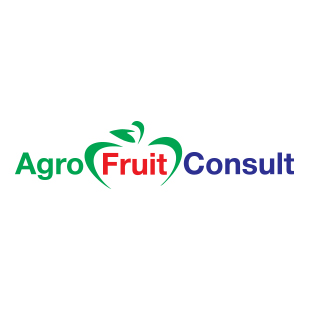In the late 90s, after the case of fruit sale with high levels of pesticide residues through retailers, as well as meat and dairy products with high content of heavy metals and dioxins, retail trade networks had to respond in some way to restore consumer confidence in regard to safety and quality of agricultural products sold in European supermarkets.
And so, in 1997, major European retail outlets established Euro-Retailer Produce Working Group (EUREP).

In 1999 in Paris seventeen retail trade companies have decided to establish an independent verification system as the foundation for providing suppliers with the relevant requirements. It was how a program of EurepGAP was developed.
The purpose of this program is to ensure safe food production.
The main objective of the program was to provide customers of retail trade networks with quality products, which are not harmful to health and environment.
Barcelona, 2000
EurepGAP introduces the principle of partnership between retail trading companies and manufacturers and presents the results of its pilot Protocol for vegetables and fruits.
Bologna, 2001
EurepGAP receives first accreditation of ISO 65 for fruits and vegetables and starts to issue its first certificates to the farmers.
Madrid, 2003
EurepGAP presents the second version of the Protocol for vegetables and fruits obtained in the process of revision, announced the beginning of implementation of the Standard for flowers and ornamental plants, and introduces its own new transparent assessment procedure.
Amsterdam, 2004
EurepGAP implements a standard for coffee (green) and aquacultures in October 2004 and issues farmers the first accredited certificates based on the Integrated systems of agricultural production management (Integrated Farm Assurance Standard).
Paris, 2005
EurepGAP publishes the first Reference Standard for feed, introduces version of Integrated system of agricultural production management for 2005. First criteria checklists for livestock are added to EurepGAP benchmarking tool.
Prague, 2006
Nearly 300 delegates from 41 countries discuss and give suggestions on the future direction and content of EurepGAP Standard in 2007.
Bangkok, 2007
One-day workshop for key participants completes the consultation process on EurepGAP Standard for shrimp. Also, EurepGAP announces the change of its name to GlobalG.A.P.
Cologne, 2008
GlobalG.A.P. carries out activities in support of small farmers and helps establishing contact between government and NGOs.
London, 2010
Around 500 delegates from over 50 countries gather for GLOBALG.A.P. Summit. Committees present version 4 GlobalG.A.P. edition.
2012 - 4 editions of GlobalG.A.P. are published.
2016 - commencement of the 5th edition of GlobalG.A.P. action.

The owner of GlobalG.A.P. standard is a private company FoodPLUS GmbH, registered in Cologne (Germany), which is a single management structure system of GlobalG.A.P.
Executive management of FoodPLUS GmbH is responsible for implementing policies and standards, and promotes standardization process (benchmarking) of GlobalG.A.P., monitors GlobalG.A.P. database and ensure enforcement of ISC (Integrity surveillance committee).
GlobalG.A.P. Standard is constantly updated and supplemented with new requirements. Thus, the 5th edition is currently operating, which entered into force and became binding on July 1, 2016.




